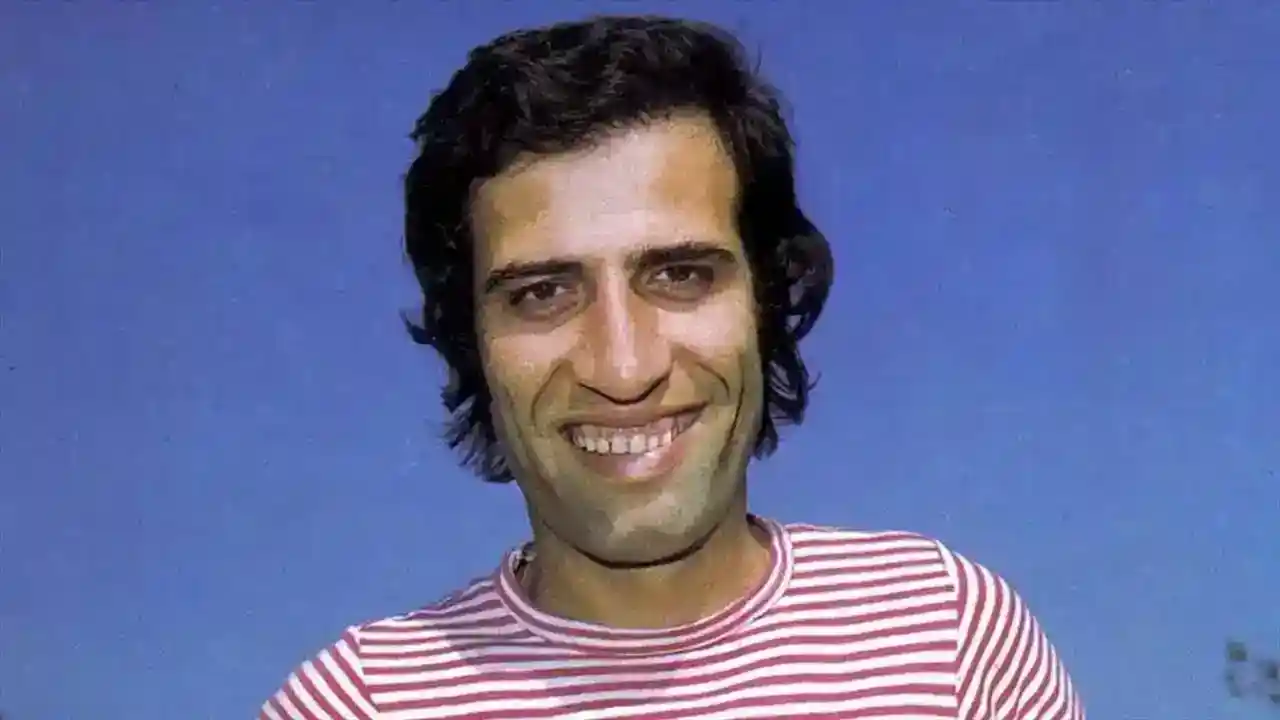Introduction to Kemal Sunal
Kemal Sunal (1944-2000) was a legendary Turkish actor known for his unparalleled contributions to Turkish cinema. With a career spanning more than two decades, Sunal became an icon of comedy and social commentary through his memorable roles. His performances in over 80 films captured the hearts of millions, and his unique ability to blend humor with societal critique cemented his legacy as one of Turkey’s most beloved actors.
Early Life and Education
Birth and Family Background
Kemal Sunal was born on November 11, 1944, in Malatya, Turkey. He was raised in a modest family, and his father, Mustafa Sunal, was a factory worker, while his mother, Saime Sunal, was a homemaker. Shortly after his birth, the family moved to Istanbul, where Kemal spent most of his childhood. Growing up in the working-class neighborhoods of Istanbul played a significant role in shaping his comedic style and understanding of everyday life, which he later reflected in his films.
Education
Kemal Sunal attended Vefa High School in Istanbul, where his natural talent for humor and performance began to shine. His teachers and classmates quickly recognized his knack for entertaining people. Despite financial difficulties, Sunal pursued higher education, enrolling at Marmara University, where he studied public relations. However, his studies were interrupted as he began to focus on his acting career.
Later in life, Sunal returned to Marmara University and completed his degree, showing his commitment to education. This achievement became a source of pride for him, especially as he emphasized the importance of lifelong learning.
Career Beginnings
Entry into Acting
Kemal Sunal’s acting journey began in the theater. He joined the Kenter Theater, where he performed in several stage productions. His breakthrough came when he joined Ulvi Uraz Theater, where his comedic timing and distinctive acting style started to gain attention. It was during this time that he caught the eye of Ertem Eğilmez, one of Turkey's most prominent filmmakers.
Transition to Cinema
Sunal made his film debut in "Tatlı Dillim" (1972), directed by Ertem Eğilmez. Although his role in the film was relatively small, it marked the beginning of a prolific career in Turkish cinema. His natural charisma and ability to connect with audiences led to more significant roles, and soon he became a household name.
Iconic Roles and Achievements
The “Şaban” Character
Kemal Sunal’s most famous roles were often variations of the character "Şaban." This character represented the naive but kind-hearted everyman, often navigating a world filled with injustice, corruption, and greed. His portrayal of Şaban resonated deeply with Turkish audiences, as it reflected their struggles and aspirations.
Some of the most notable “Şaban” films include:
- "Hababam Sınıfı" (The Chaos Class, 1975): Sunal played the role of İnek Şaban, a lovable and clumsy student in a satirical take on the Turkish education system.
- "Süt Kardeşler" (The Foster Brothers, 1976): A comedy of mistaken identities, where Sunal’s impeccable timing delivered unforgettable laughs.
- "Tosun Paşa" (1976): Set in Ottoman times, this historical comedy highlighted Sunal’s versatility as an actor.
- "Kapıcılar Kralı" (The King of Janitors, 1976): This film showcased Sunal's ability to blend comedy with a sharp critique of class inequalities.
Other Remarkable Performances
While Sunal was best known for his comedic roles, he also delivered outstanding performances in films with deeper social messages:
- "Züğürt Ağa" (The Broken Landlord, 1985): A poignant tale of a rural landlord’s downfall, Sunal’s performance showcased his dramatic acting skills.
- "Davaro" (1981): A blend of comedy and drama, this film explored themes of honor and societal expectations.
- "Düttürü Dünya" (1988): Sunal portrayed a struggling musician, highlighting the challenges of pursuing art in a harsh world.
Acting Style and Legacy
Unique Style
Kemal Sunal’s acting style was a blend of physical comedy, witty dialogue, and deep emotional resonance. He had a unique ability to make audiences laugh while also making them reflect on societal issues. His on-screen presence was magnetic, and his expressions and gestures became his trademark.
Cultural Impact
Sunal’s films addressed themes like poverty, class disparity, corruption, and the struggles of the common man. His characters often represented hope, resilience, and the triumph of good-heartedness. This ability to connect with audiences on both comedic and emotional levels made him a cultural icon.
Personal Life
Family
Kemal Sunal married Gül Sunal in 1974, and the couple had two children: Ali Sunal and Ezo Sunal. Both of his children followed creative paths, with Ali becoming an actor and Ezo pursuing a career in music and television. Kemal Sunal was known for his strong family values and often spoke about the importance of maintaining a close-knit family.
Hobbies and Personality
Off-screen, Sunal was a humble and down-to-earth individual. He enjoyed spending time with his family and was known for his love of reading. Despite his fame, he remained deeply connected to his roots and often expressed gratitude for the support of his fans.
Tragic End and Legacy
Untimely Death
Kemal Sunal passed away on July 3, 2000, at the age of 55 due to a heart attack. He collapsed while boarding a flight to Trabzon, where he was traveling for a film shoot. His sudden death shocked the nation, and millions mourned the loss of a beloved actor and national treasure.
Lasting Legacy
Even after his death, Kemal Sunal’s films continue to be celebrated and cherished by audiences of all generations. His work has been recognized with numerous awards, and his influence on Turkish cinema remains unparalleled. His films are frequently aired on Turkish television, ensuring that his legacy endures.
Kemal Sunal
Kemal Sunal was more than just a comedian; he was a voice for the common man, a symbol of resilience, and an irreplaceable figure in Turkish cinema. Through his timeless performances, he brought laughter and hope to millions while shedding light on societal challenges. His legacy as a cultural icon lives on, making him one of Turkey’s most beloved actors.



